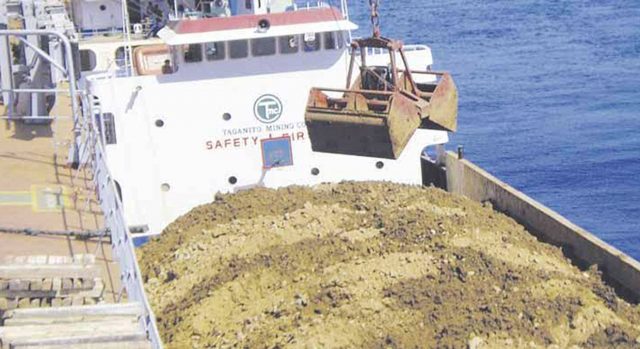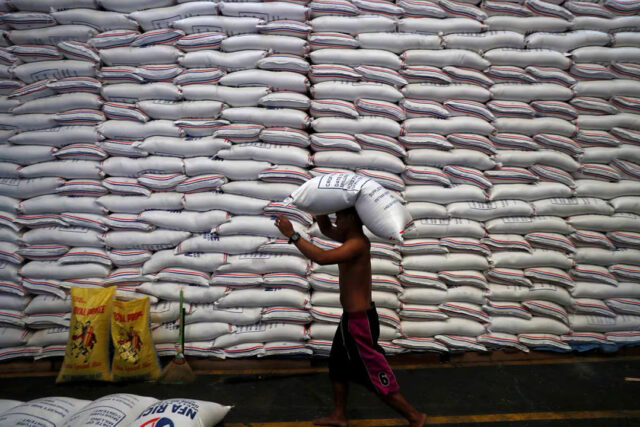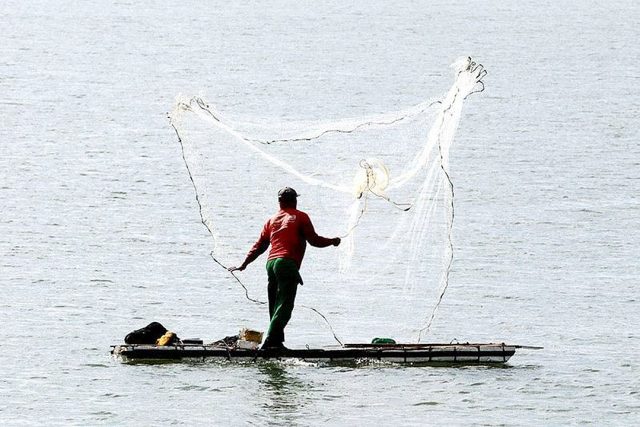There is a Latin praise, semper vigilatus, which means to be constantly awake or vigilant.
In the Philippines, transferring ownership, such as real property and shares of stock not traded in the stock exchange, involves several steps to ensure a lawful transfer of title from one party to another and avoid any disputes or complications in the future. There is no harm in being diligent. At best, it saves time and resources. One of the requirements for the transfer of such properties is the application for Certificate Authorizing Registration (CAR). The issuance of electronic CAR (eCAR) certifies that the tax dues related to such property have been paid, and such property may now be transferred.
With the passage of Republic Act No. 11976, otherwise known as the Ease of Paying Taxes (EoPT) Act, the filing of any tax return may now be done electronically on any of the available platforms (e.g., Electronic Filing and Payment System, eBIR Forms Facility) while the payment of tax due thereon can either be made electronically or manually through any Authorized Agent Banks (AABs) or Revenue Collection Officers (RCOs), regardless of where the taxpayer is registered.
Under current policy, the processing and issuance of eCAR pertaining to One-Time Transaction (ONETT) and the payment of taxes related to ONETT must be made with AABs/RCOs under the jurisdiction of the RDO responsible for the processing and issuance of eCAR to facilitate the validation of tax payments prior to the approval of eCAR. In view of the enactment of EoPT, the BIR issued RMC 56-2024, clarifying the concerns about the issuance of eCAR. Regardless of where the tax returns were filed and paid, the venue for the processing and issuance of eCAR will still be at the RDO which has jurisdiction over the ONETT, as follows:
a. Sales of real property – RDO which has jurisdiction over the location of the property subject to sale;
b. Sale of personal property – RDO which has jurisdiction over the residence of the seller;
c. Donation – RDO which has jurisdiction over the residence of the donor (individual) or RDO where the donor is registered (non-individual); and
d. Estate – RDO which has jurisdiction over the issued Taxpayer Number (TIN) of the Estate of the Decedent.
If the decedent has registered business, however, the processing of eCAR must be processed by the RDO where the business is registered since it is where the TIN for the decedent shall likewise be secured pursuant to existing policy. In cases where the decedent has no registered business, the TIN may be secured from the RDO where the administrator or heirs intend to apply for the issuance of eCAR. It can be gleaned from the new RMC that taxpayers should process their application for the issuance of eCAR at the RDO, which has jurisdiction over the ONETT, depending on the type of property to be transferred or conveyed.
Another update under Section 30 of the EoPT Act is the time for filing and payment of Documentary Stamp Tax (DST). DST is imposed on documents, conveyances, deeds, instruments, loan agreements, and papers evidencing the acceptance, assignment, sale or transfer of an obligation, right, or property incident thereto. For clarity, the Court has pointed out that the subject of DST is not limited to the document embodying the enumerated transactions. The DST is an excise tax on the exercise of a right or privilege to transfer obligations, rights, or properties incident thereto. The transfer of properties is subject to DST before an eCAR can be issued. The tax return prescribed under Section 30 of the EoPT must be filed, either electronically or manually, within 10 days, which used to be within five days prior to the enactment of the EoPT, after the close of the month when the taxable document was made, signed, issued, accepted, or transferred, and the tax thereon shall be paid, either electronically or manually, at the same time the return is filed. It is imperative for the taxpayer to file and pay their tax liabilities on time. Accordingly, late payment of DST imposes penalties and interest.
Aside from DST, Capital Gains Tax (CGT) must also be considered by the parties involved in the transfer. CGT is a tax imposed on the gains presumed to have been realized by the seller from the sale, exchange, or other disposition of capital assets located in the Philippines, including pacto de retro sales and other forms of conditional sale. CGT must be filed and paid within 30 days following the sale, exchange, or disposition of the property.
It is observed that some parties agree to antedate their contracts, and they need to keep in mind the purpose and the effect of antedating. RMC No. 64-2024 is issued to clarify the antedating of deeds of sale involving real property. In cases where it is found that the deeds of sale or other transfer documents are antedated, the laws and regulations effective at the time of presentation of the deed of sale apply. Unless the taxpayer proves otherwise, a deed of sale may be considered antedated when the documents are dated before the effectivity of either the capital gains tax law or the regulations imposing the creditable withholding tax on sales or transfers of real property. The document can also be considered antedated when it is dated before the effectivity of the current zonal values as reflected in the latest Revised Schedule of Zonal Values of Real Properties within the jurisdiction of the concerned RDO. In such cases, the taxpayer has the burden of proof to prove otherwise by presenting supporting documents such as cancelled checks, invoices, contracts to sell, or certifications from the Clerk of Court, Executive Judge, or National Archives of the Philippines.
Transferring property can be quite a challenge but the BIR has been proactive in aiding the taxpayers to make the process less of a burden with the implementation of the EoPT and these issuances. Taxpayers may be reminded that a symbiotic relationship with the government will only work when there is cooperation and understanding of their obligations in paying taxes. Certainly, diligence and vigilance breed progress.
Let’s Talk Tax is a weekly newspaper column of P&A Grant Thornton that aims to keep the public informed of various developments in taxation. This article is not intended to be a substitute for competent professional advice.
Ira Jennena J. Bero is an associate from the Tax Advisory & Compliance division of P&A Grant Thornton, the Philippine member firm of Grant Thornton International Ltd.
pagrantthornton@ph.gt.com












